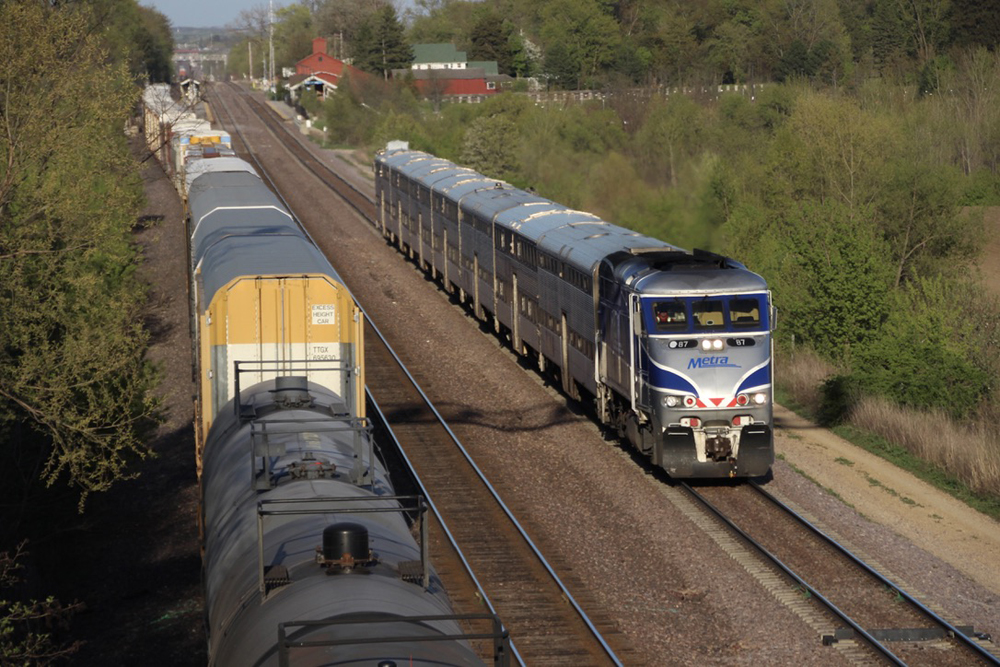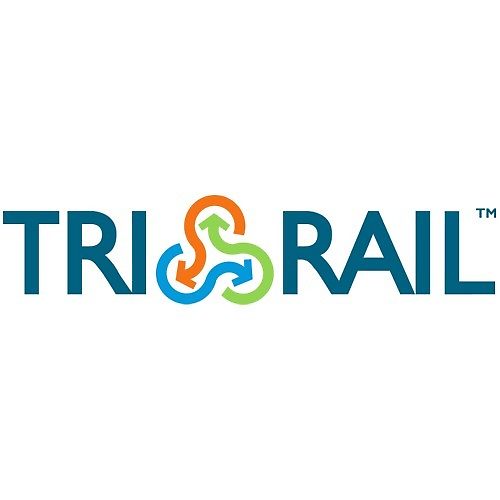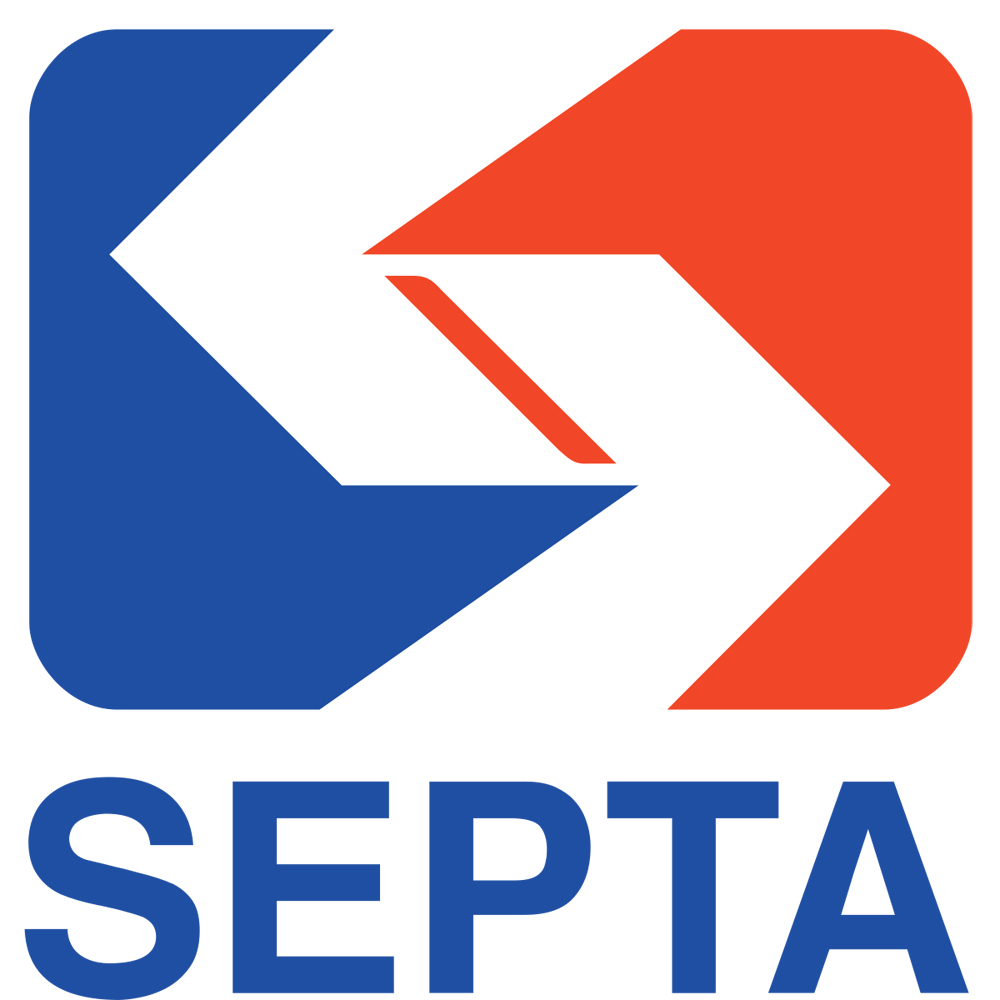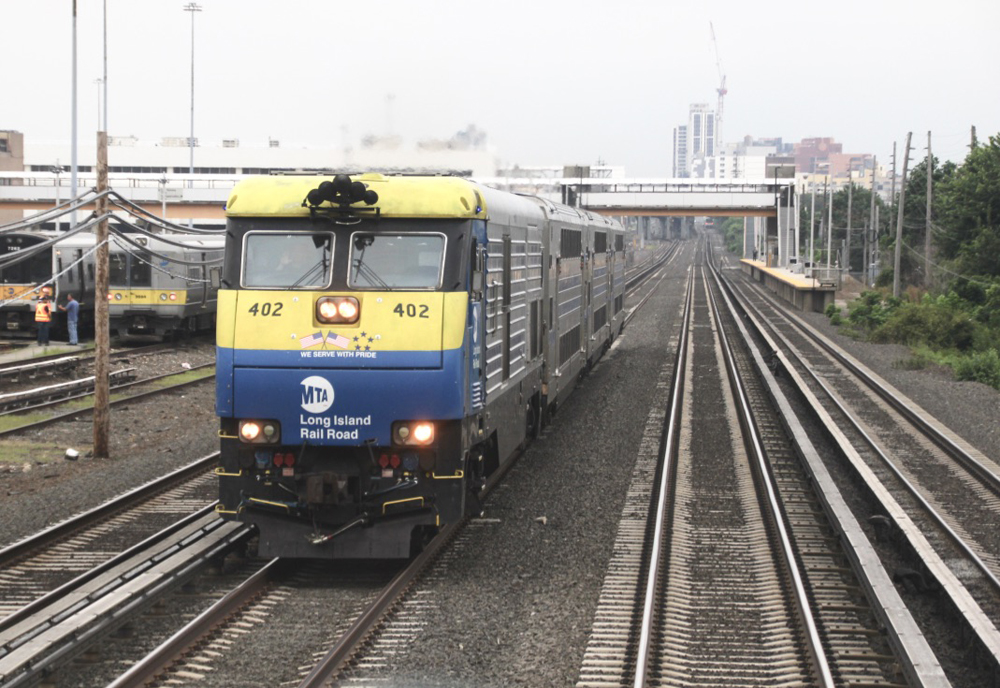
CHICAGO — The ongoing dispute between Union Pacific and Metra over Chicago-area commuter operations has a new twist: Union Pacific has filed suit seeking to collect more than $2 million from Metra that it calls “overdue compensation owed under a binding contract.”
The suit filed on Monday in U.S. District Court argues that Metra, by continuing to operate after the expiration of a prior operating agreement on June 30, 2025, accepted the terms set by Union Pacific in its “Condition of Entry” imposed on July 1, and therefore is prohibited from challenging those terms. It therefore asks the court to declare the contract valid and enforceable, and to require Metra to pay the fees dictated by the COE contract.
The filing comes less than a week after the Surface Transportation Board granted Metra traffic rights, ensuring its ability to continue to operate on UP’s lines while the two sides continue their long and contentious contract negotiation [see “STB grants Metra request …,” Trains.com, Sept. 3, 2025]. But the suit argues that while the Sept. 3 decision grants Metra the right to operate on UP lines, it does not cover the period between July 1 and Sept. 3 when its Condition of Entry was the governing document of Metra operations on UP.
Metra had said it refused to accept the terms of the COE, not just because of the compensation rate sought by UP ($18.50 per train mile, versus a Metra offer of $3.05 to $7.68 per train mile), but also over other terms including surrendering its right to a jury trial and “a host of additional poison-pill terms and conditions.”
UP is therefore asking the court to bar Metra to challenging the contract terms and to award damages based on the difference between what it has paid and what UP says it owes, or, alternately, to claim that Metra is “unjustly enriched by paying below-market rates to operate on Union Pacific’s lines and award Union Pacific damages based on reasonable value for the service it is providing.”
UP says it is seeking $2,278,529.89 — the amount it set under the Condition of Entry ($10,023,211.65, less $7,735,681.76 paid by Metra on July 15 — the figure it would have owed under the old agreement — plus interest, attorney fees and other costs, and “further and additional relief as the Court deems just and proper.”
UP’s action was predicted by Metra when it asked the STB to grant an injunction to allow it to continue operating under the old contract provisions until the board ruled on the case. In a June 30 filing, the commuter operator said UP’s imposition of new terms left it with an impossible choice: halt service on the three lines used by 40% of its customers, or operate under the new contract. “But if Metra continues to use the lines,” that filing contended, “UP will insist that Metra has agreed to the exorbitant rates and unworkable and unjust operating restrictions and limitations. And it will claim that Metra has forever waived essential legal rights it holds for the protection of its customers and the region’s taxpayers.” [Emphasis in the original.]
The board, however, declined to issue the injunction, saying that because UP had said it would not exclude Metra, and Metra had told UP it plans to continue operating without accepting the terms of the COE, “Metra has shown neither the irreparable harm needed for injunctive relief or the emergency circumstances under which the board may order service.” [See “STB turns down Metra request …,” Trains.com, July 2, 2025].
UP’s suit now claims that while Metra said it would not be bound by the terms of the COE, “simply saying it does not make it so. … Just as a Cubs fan accepts the terms on the back of his ticket by using it to enter Wrigley Field, Metra accepted the COE’s terms by accessing Union Pacific’s property to run its commuter trains. Shouting ‘I don’t accept!’ while doing so has no legal effect.”













I find the the Cubs reference in the court filing interesting. Catering to a Cubs fan sitting on the bench at the US District Court?
UP seems to be forgetting that the taxpayers, is the form of Metra, relieved CNW of its common carrier obligation to provide this service. The STB has directed UP and Metra to negotiate a contract, not UP to impose one.
We can expect to see this kind of behavior in NS territory as well, if the merger is approved. Every passenger operator in UP and NS territory should oppose the merger, unless UP agrees to concessions protecting them. And STB approval should be contingent on significant concessions to protect, not only passenger operators, but also shippers, employees, and other railroads.
Landon, your post has made my day and it’s only one o’clock in the morning.
Is it possible to be an American railfan while thoroughly disliking America’s biggest railroad? I can’t be the only one. I’m not looking forward for the Yellow Beasts to spread to the East Coast.
Well Charles, you are one…